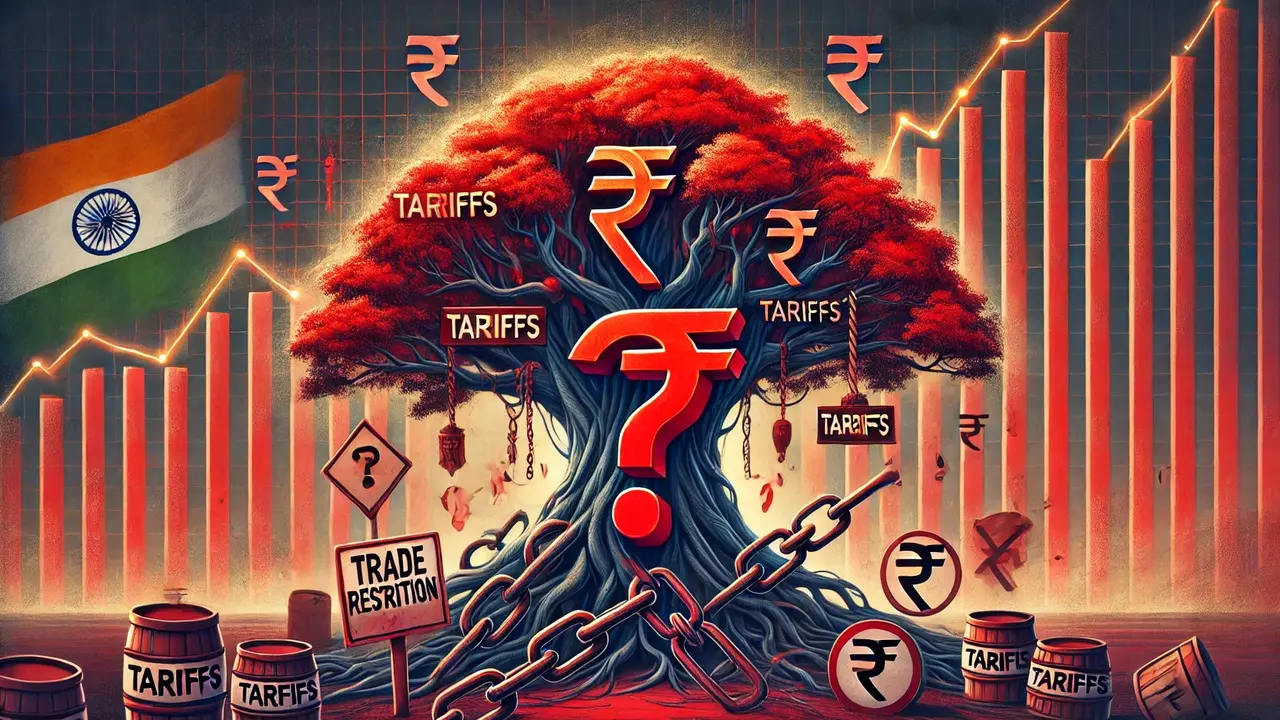Updated 1 April 2025 at 20:21 IST
Donald Trump's Tariffs On April 2: How Are Pakistan, Japan, UK, China Reacting To Them?
The Republican President is planning to unveil a massive tariff plan on Wednesday, which Trump calls "Liberation Day."
- Republic Business
- 4 min read

United States President Donald Trump announced on Sunday that the reciprocal tariffs that the country is yet to announce, will include all nations and not just a small group of 10 to 15 countries that have the biggest trade imbalances.
The Republican President is planning to unveil a massive tariff plan on Wednesday, which Trump calls "Liberation Day."
Why Is Trump Bullish On Tariffs?
According to Donald Trump, tariffs are a way of protecting the domestic economy from unfair global competition and a bargaining chip for better terms for the US, a Reuters report cited the US President.
Tariffs: Impact On Pakistan
According to a Dawn report, businesses hope that Pakistan with its negligible share in total US imports will be spared from additional tariffs. "However, if higher duties are clamped on Pakistani exports to the US, they fear it could erode competitiveness, suppress exports to the US, and widen the trade deficit by the end of the fiscal year," the report added.
Pakistan's trade deficit for the first eight months of FY25 reached $15.7 billion. Additionally, exports grew by 18.1% compared to the same period last fiscal year, totaling $22.2 billion, while imports increased moderately by 7.4% to $37.8 billion, it added.
Advertisement
Tariffs: Impact On China
Through his decision of imposing reciprocal and sector wise tariffs, Trump seems to have targeted China, among other countries. Consequently, China, which is a competing power is also wooing other countries and it has upgraded its free-trade agreement with the ASEAN region.
According to a Tax Foundation report, the United States Trade Representative found in an investigation that China was conducting unfair trade practices.
Advertisement
On March 4, Trump imposed 25% tariffs on imports from China as well as 10% tariff on Chinese goods which was increased eventually to 20%, as stated by an amended executive order. These tariffs took effect the very next day.
According to an ABC News report, after Trump amended his executive order merely hours before tariffs were meant to take effect -- effectively increasing China's tariffs by 10% for a total of 20%, a Chinese Ministry of Commerce spokesperson responded with a statement calling the move a "typical unilateral and bullying behavior" that will cause "damage to China-US economic and trade cooperation and the normal international trade order."
Tariffs: Impact On United Kingdom
According to a report by BBC, the UK is expected to be hit by the new US tariffs on Wednesday, with Downing Street indicating a deal to exempt British goods will not be reached in time.
Trump has announced a 25% levy on auto imports. Additionally, the UK Prime Minister's official spokesperson said talks on an economic deal between the two countries to avoid tariffs had been "constructive," not ruling out whether or not tariffs are being imposed on the UK.
The spokesperson said, "When it comes to tariffs, the prime minister has been clear he will always act in the national interest and we've been preparing for all eventualities ahead of the announcement from President Trump, which we would expect the UK to be impacted by alongside other countries."
Tariffs: Impact on Japan
According to a Reuters report, Japan wishes to maintain a strong push for the united States to exempt it from auto tariffs, Prime Minister Shigeru Ishiba said, as the auto import tariffs will also be applicable on several Japanese automakers.
The Prime Minister also vowed to cushion the blow to the Japanese economy as well as jobs.
"The export-reliant economy could take a severe hit from a planned tariff of 25% on automobile imports unveiled last week by U.S. President Donald Trump, who also promised to announce on Wednesday reciprocal tariffs targeting every nation," the report added.
The country's headline inflation of 3.7% in February was among the highest in advanced economies, backed by steady rises in food costs.
Further, Japan is home to major auto and electronics sectors, whose exports to the US are a major contributor to the economy, and the country could get adversely affected as a result.
Published By : Sagarika Chakraborty
Published On: 1 April 2025 at 20:21 IST
